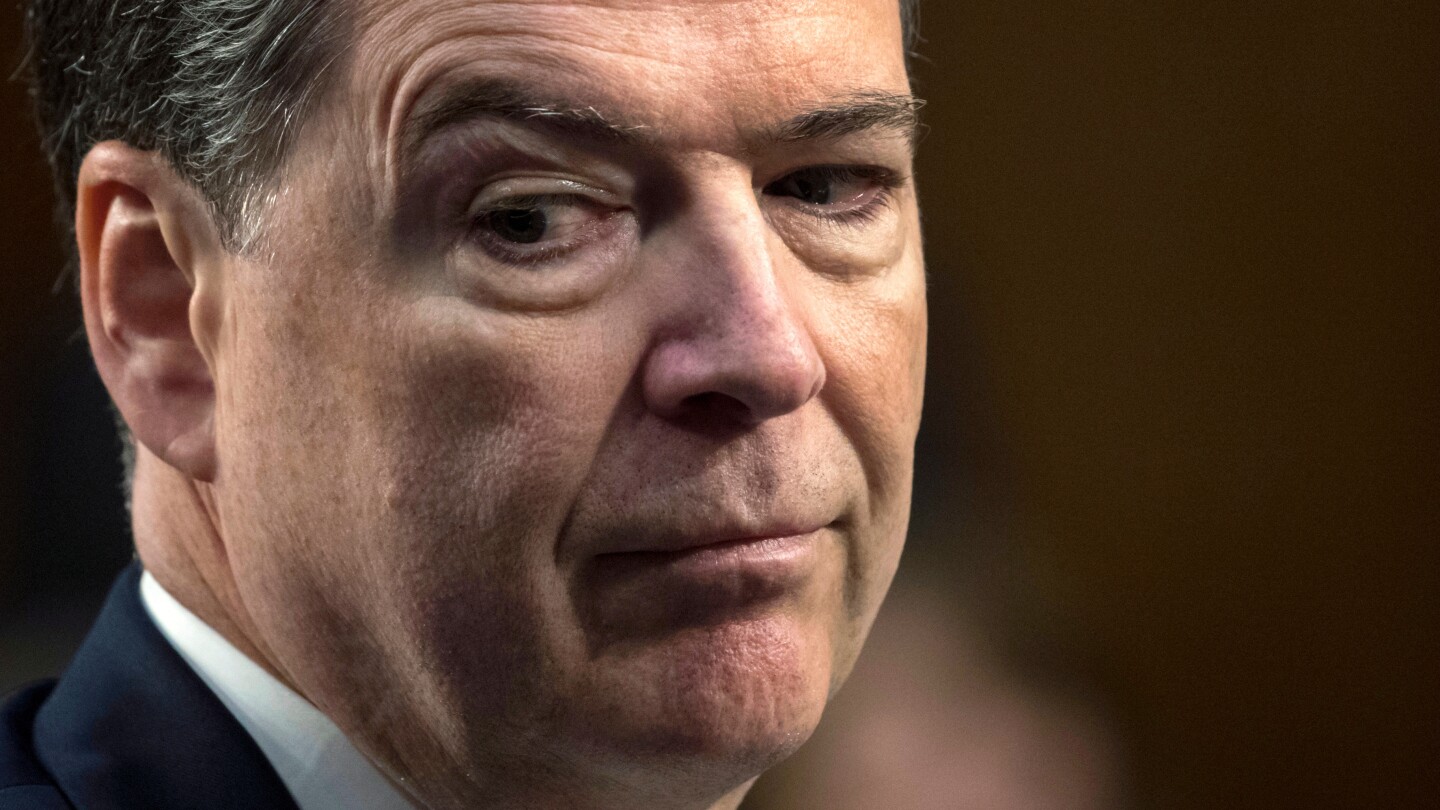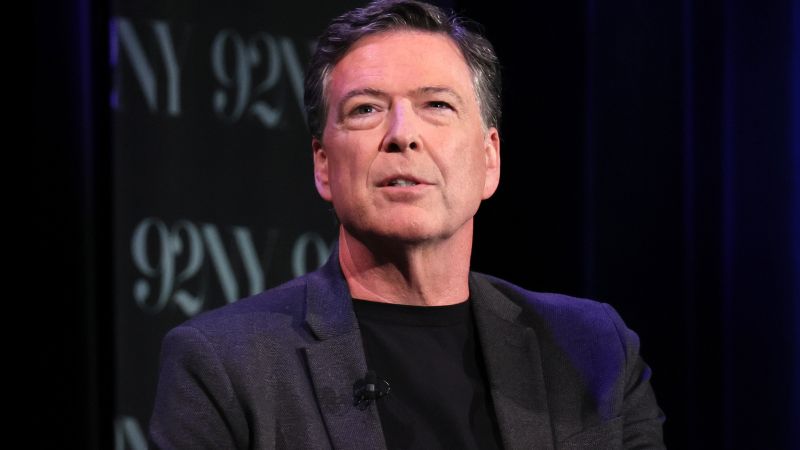The prosecution of former FBI Director James Comey has encountered another obstacle as the Department of Justice admitted a possible oversight in how the case was presented to a federal grand jury for indictment during a recent hearing. This acknowledgment has added complexity to a politically charged prosecution that is already facing numerous challenges and calls for dismissal.
The potential misstep came to light when Judge Michael Nachmanoff pressed the Justice Department about concerns raised by U.S. Magistrate Judge William Fitzpatrick regarding the handling of the indictment. After reviewing the grand jury proceedings, Fitzpatrick questioned whether the final two-count indictment against Comey was reviewed by the full grand jury as required. The revelation that the final indictment was not presented to all grand jurors has raised serious questions about the integrity of the case.
During the hearing, prosecutor Tyler Lemons conceded that the revised indictment was not shown to all the grand jurors, leading to concerns about procedural errors in the prosecution. Comey's legal team, led by attorney Michael Dreeben, argued that this failure to present the final indictment to the entire grand jury could be grounds for dismissing the case. Dreeben also pointed out that the statute of limitations for the charged crimes has expired without a valid indictment, potentially barring further prosecution.
The defense team further asserted that the prosecution of Comey was rooted in vindictiveness and retaliation, orchestrated by President Donald Trump as a means of punishing a vocal critic. They highlighted Trump's September social media post urging action against Comey and other political opponents as evidence of a politically motivated prosecution.
While motions claiming vindictive prosecution are often challenging to succeed, Comey's attorneys are making a strong case for dismissal based on the alleged political motivations behind the charges. Dreeben argued that the government's use of criminal prosecution to silence critics violates the Constitution and represents an abuse of power.
As the legal battle continues, Judge Nachmanoff has refrained from making an immediate decision, acknowledging the weightiness and complexity of the issues at hand. The prosecution of James Comey has now become a focal point in the ongoing debate over the intersection of politics and justice within the U.S. legal system.
The unfolding developments in Comey's case underscore the delicate balance between the rule of law and political influences, raising important questions about the independence of the justice system and the accountability of government officials. As the legal proceedings progress, the outcome of this high-profile case could have far-reaching implications for the relationship between the executive branch and the judiciary.


